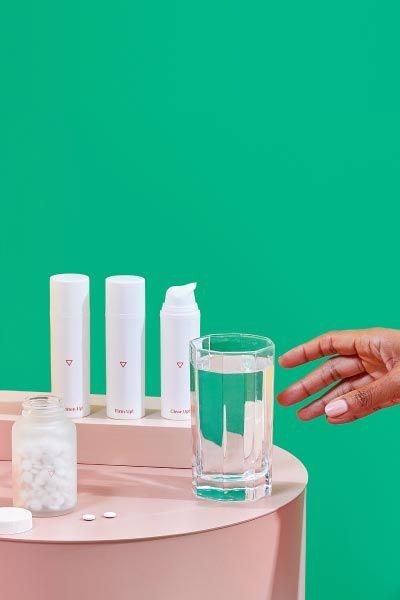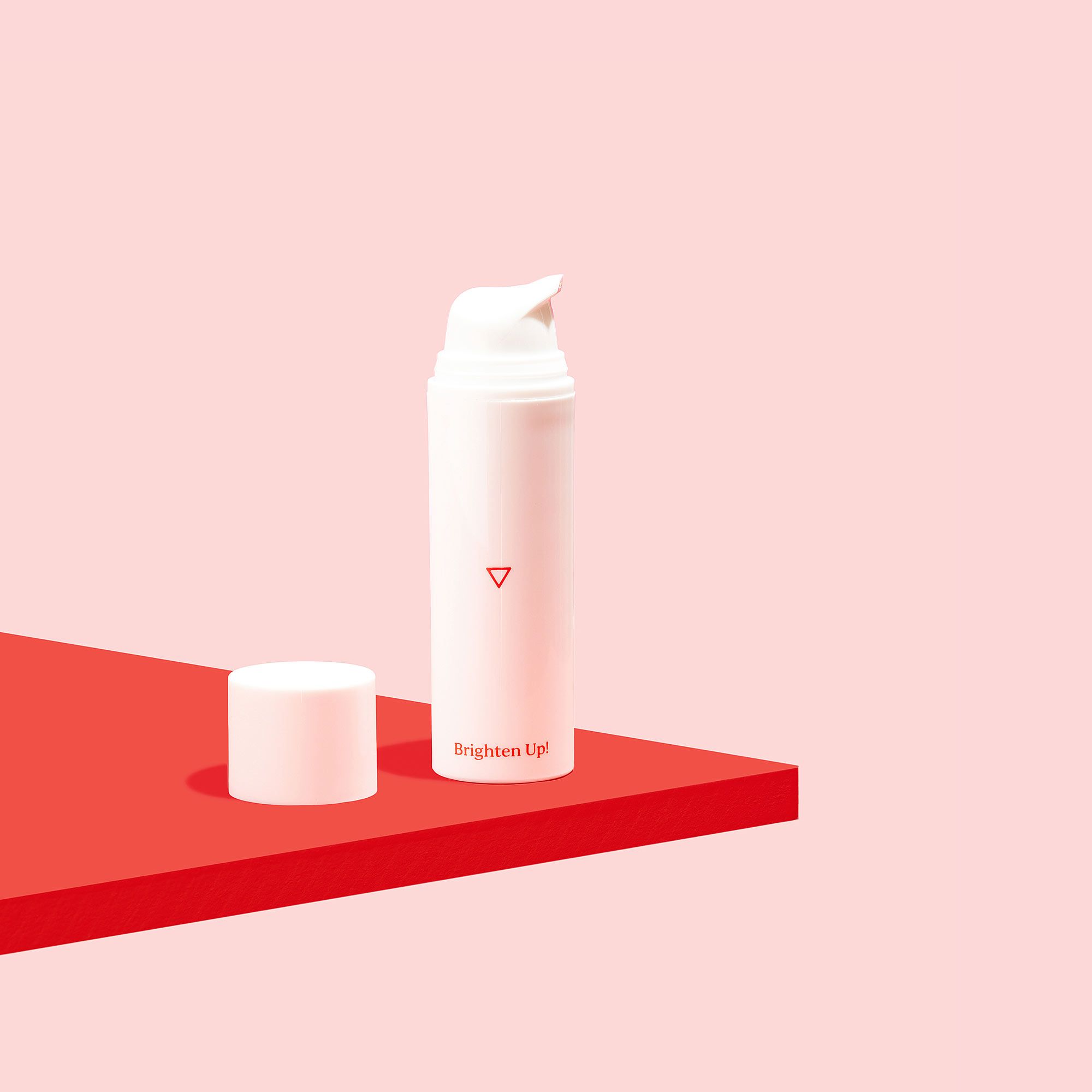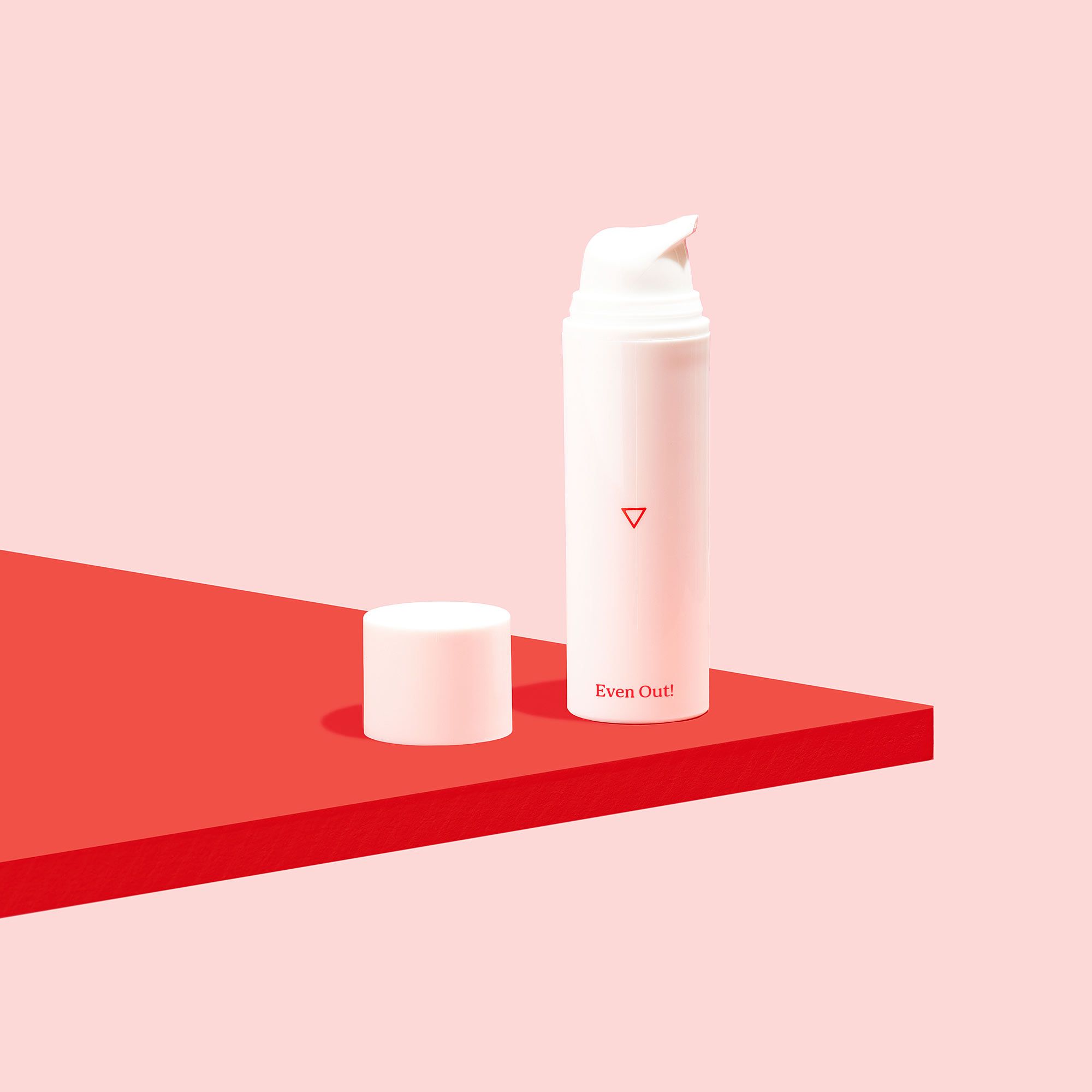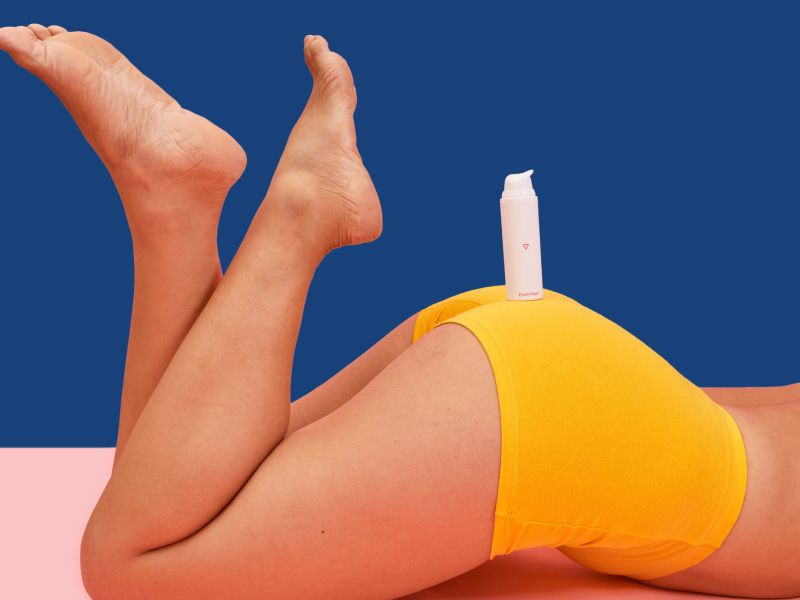
Skin Concerns and
Medication
By Lizzie De La Cruz
September 14, 2024
Let’s talk about your skin! It is the largest organ in your body, and it also faces the world — literally. It helps you feel, and it tells you how you are feeling as well. It holds the good things in, and it keeps the bad things out. So go ahead and thank your skin for all it does for you, and let’s talk about what you can do in return!
From your head to your intimate areas to your toes, keeping your skin healthy is important. But how does it stay healthy? From acne to wrinkles, skincare problems always seem to be with us! What are some of the most common skincare concerns, and what medications help? Some advice just seems to make things worse—here’s advice that can help.
Who gets acne?
Acne happens to anyone and at any age. Most commonly, it is associated with teenagers and is linked to hormonal changes. It’s annoying and a little bit embarrassing. Worst of all, though, it is persistent. Acne can be a problem that is much worse for some than for others. It can scar the skin and cause emotional distress, too. There are a lot of myths about how to treat it — it's not made worse through eating chocolate or greasy food. Talking to a doctor or dermatologist is the best way to pinpoint how to address your specific issues, but a good rule of thumb is to keep your skin clean and use gentle, minimal products. Overloading on skincare can lead to more problems than solutions!
What are the main causes of acne?
As we mentioned, acne is incredibly common–and that means there are a ton of factors that cause it or contribute. A few common causes of acne include excess oil production, clogged pores due to oil and dead skin cells, bacteria, and inflammation. Teenagers go through more hormonal changes, and during this time, the skin produces more oil in the skin glands. Older women can get breakouts, too, due to midlife hormone changes.
One of the biggest contributing factors for acne is something you have no control over–your genetics. Genetic factors significantly influence the oil your skin produces, aka your sebum, which is what clogs pores and causes pimples. Multiple studies have shown that having a family member with acne makes you three times more likely to develop acne yourself.
Besides teenagers, there’s also another group of people who have higher levels of androgen hormones–those with polycystic ovarian syndrome (PCOS). PCOS throws your hormone balance out of whack, as your ovaries produce less estrogen and androgens become more dominant in the equation. Those with PCOS often experience signs of hyperandrogenism, including acne, hair loss, and hirsutism. If you’re dealing with these signs of PCOS, know that prescription skincare treatments and hormonal birth control can absolutely help.
Common causes of acne include:
- Tight clothing and accessories
- Oil-based skincare products
- Excess sunlight
- Genetic factors
- Hormonal disorders like PCOS
- Stress
The best acne solutions
There are a lot of myths about how to treat acne — it's not made worse through eating chocolate or greasy food. Talking to a doctor or dermatologist is the best way to pinpoint how to address your specific issues, but a good rule of thumb is to keep your skin clean and use gentle, minimal products. Overloading on skincare can lead to more problems than solutions!
Keeping all that in mind, it’s important to know that acne is persistent–so your treatment needs to be persistent, too! Normally, you’ll need to be consistent with your acne treatment for at least two to three months to see how well it’s working for you and your skin.
Common acne treatments include:
- Topical retinoids: When OTC drugstore brands aren’t doing what they promised, your skin might need some extra support. Tretinoin is a retinoid that increases skin cell turnover and fights inflammation. Our Clear Up! Acne Cream combines tretinoin with clindamycin and niacinamide for an acne-fighting trifecta.
- Oral hormonal therapies: Medications that balance out your hormones can help address the root cause of your acne. For women dealing with hormonal acne and those with PCOS, birth control pills are commonly recommended to help fight signs and symptoms.
- Hydrocolloid patches: Hydrocolloid patches are tiny, acne-fighting bandages that help speed up healing for mild to moderate breakouts. Plus, you can use them to cover up the worst of your pimples so no one can see!
- Oral antibiotics: Antibiotics can help keep acne-causing bacteria from growing within your skin, but this treatment should be limited to three to four months to avoid developing antibiotic resistance.
- Other topical solutions: Besides retinoids and clindamycin, other ingredients to look for in your skincare products include benzoyl peroxide, azelaic acid, and salicylic acid.

Clear Up! Prescription Acne Cream (Clindamycin + Retin A)
Starting at $75
Tretinoin 0.04%, Clindamycin 1.25%, Niacinamide 4% Prescription treatment for inflamed and stubborn acne.

Firm Up! Wrinkle Cream | Tretinoin (.04%)
Starting at $75
Tretinoin 0.04%, Azelaic Acid 5%, Niacinamide 4% Prescription treatment for wrinkles, fine lines, and other signs of aging.

Brighten Up! Hydroquinone Face Cream (5%)
$90
Prescription treatment for dark spots and melasma on the face.

Even Out! Hydroquinone Cream (5%) for Body
$90
Prescription treatment for dark spots and melasma on the body, including the groin, underarms, and anus.
Vitamin A retinoids
If acne typically clears up by the time you’re in your 30s, you can head straight from treating pimples to dealing with wrinkles. Being a modern individual is tough! Luckily, skincare developments like vitamin A retinoids are here to help.
Many different skin conditions, including acne, sun damage, and wrinkles can be treated with medication that is made from retinoids or vitamin A. Pills, topical ointments, and face creams that are suggested for skin conditions contain either a natural or synthetic vitamin A, such as tretinoin, also known as Retin-A.
What is Tretinoin?
This is medication for addressing acne and signs of aging. Tretinoin goes by many brand names, but at the heart of it is a synthetic vitamin A. Believe it or not, it works by irritating the skin and speeding up the life cycle of the skin cells so that the dead skin cells are more quickly replaced by healthier cells. Tretinoin is not the same as retinol, an over-the-counter form of vitamin A which is much milder.
If you think you want a medication with tretinoin to help with acne, sun damage, wrinkles, or hyperpigmentation, a medical provider can provide a prescription and advice on which is best. Skincare concerns can be very upsetting, and it is even more upsetting to be unsure what to do about the issue, what the causes are, and how to improve the situation instead of making it worse. That’s why we’ve developed our line of skincare products with only the most trusted and most effective ingredients, so you’re confident that you’re doing the best you can for your skin.
Our tretinoin options include:
- Clear Up! Acne Cream: Take care of blackheads, whiteheads, pimples, and other pesky breakouts with prescription-strength tretinoin, clindamycin, and niacinamide.
- Firm Up! Wrinkle Cream: Effectively treat fine lines, wrinkles, dark spots, and a bit of acne all in one cream. Just don’t use it along with our acne cream–too much tretinoin can damage your sensitive skin.
How to treat hyperpigmentation
Acne, sun exposure, certain medications, and hormonal changes can all affect your skin pigmentation in different ways. You might notice a few dark spots starting to appear. Or, you might have larger patches of skin on your face or body that change color. This common skin problem is called melasma. Melasma and hyperpigmentation can fade on their own, but treatment options can also help. The standard treatment for hyperpigmentation and melasma is hydroquinone cream, which can be applied to the skin once a day for six months to notice results.
Here at Wisp, we’re happy to offer prescription strength treatment for acne, fine lines, and wrinkles, and hyperpigmentation–all without a trip to the dermatologist Message a licensed medical provider about your skin care concerns and put your best face forward.


